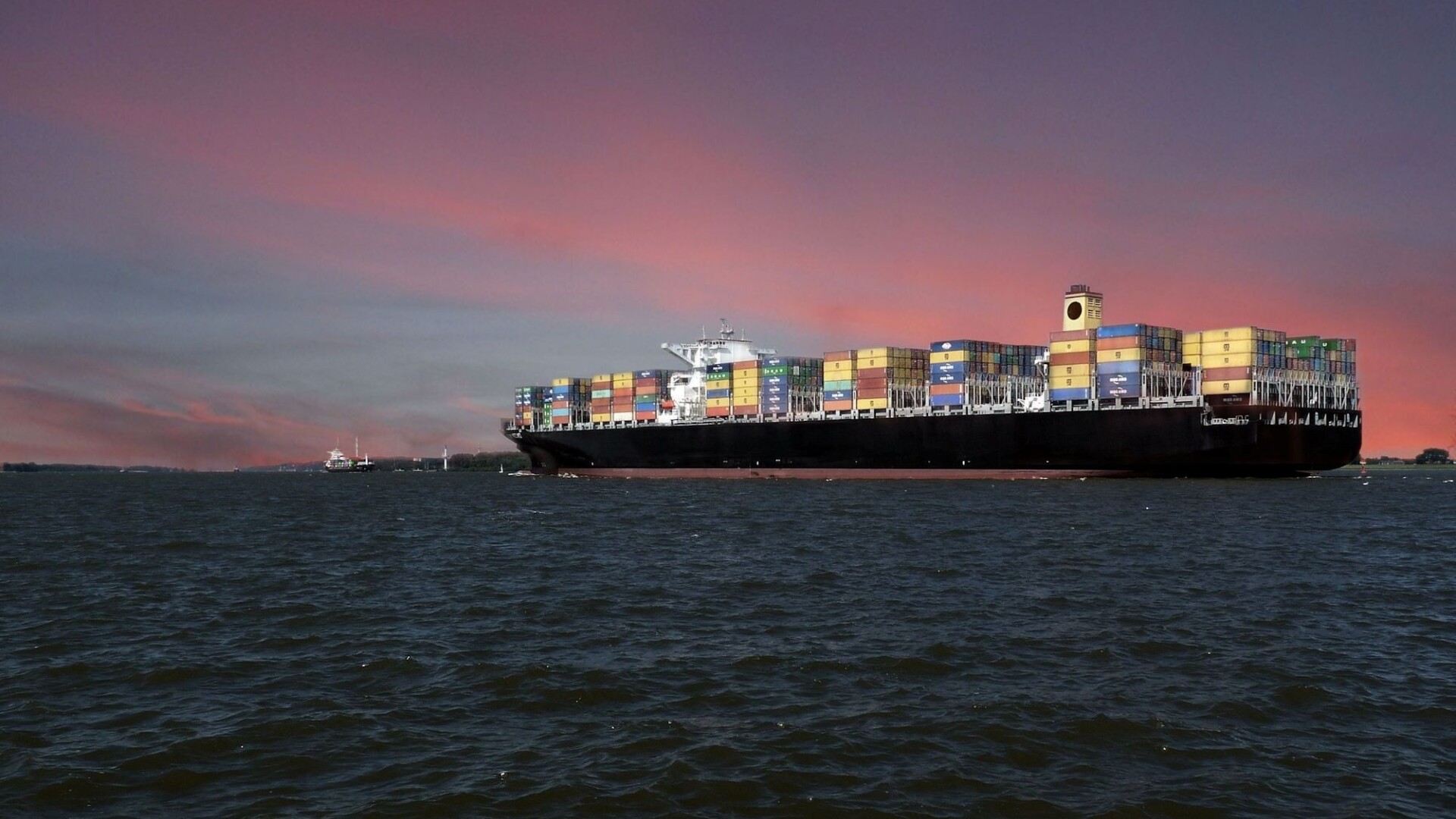Article | Posted on 1st November 2021
Falcon Trident Shipping Ltd v Levant Shipping Ltd

Falcon Trident Shipping Ltd v Levant Shipping Ltd [2021] EWHC 2204 (Comm)
At what point are settlement terms agreed?
This case concerns the recovery of costs in High Court proceedings, and in particular, what the parties had agreed to settle at in terms of principle claim and costs. The underlying collision claim occurred in India. The Defendant admitted it was liable for 100% of the claim.
The issues and facts
The Claimant’s solicitor put forward a claim of USD 876,682.79. The claim breakdown was set out by way of a Scott Schedule that listed the cost items individually. It also had a section for legal costs of the High Court proceedings, and this was left blank. Underneath the legal costs section, the schedule listed costs incurred in relation to the fees of local agents, P&I Correspondent, Indian lawyer and Italian lawyer.
Shortly after, a Part 36 offer for USD 775,000 inclusive of interest was made by the Claimant which made specific reference to “pre-action” costs “in accordance with CPR Part 36/13(1) and 36.13(3)”. The Defendant accepted the offer, also saying “We confirm that our clients accept your clients' attached Part 36 offer of US$775,000 inclusive of interest but plus your clients' reasonable and recoverable pre-action legal costs to be agreed or failing agreement to be assessed”.
The Settlement Agreement which was circulated by the Defendant recorded in the preamble the total claim of USD 876,682.79 plus interest and legal costs. Settlement would be concluded by a payment of (1) USD 775,000 inclusive of interest and (2) the recoverable pre-action costs. The Settlement Agreement also stated that legal costs would be assessed.
The Defendant then made payment of the USD 775,000 but a dispute arose when the Claimant’s solicitors sent a summary of its costs to the Defendant.
The Claimant sought an additional USD 85,538.06 in respect of “recoverable pre-action legal costs” on top of the USD 775,000 already received. This included the four above mentioned items for foreign lawyers’ fees and agency fees.
Legal arguments
The Parties disputed whether the specific cost items had been included in the Settlement Agreement or not.
The Claimant said that the Part 36 offer was only memorialised by the settlement agreement. The Settlement Agreement was therefore intended only to formalise the previously agreed settlement made by the Part 36 offer and should reflect that. Further, the disputed items were recoverable because they were pre-action costs within the meaning of Part 36.
The Defendant said that the Settlement Agreement superseded the Part 36 offer, with recital D identifying what would be settled under clause 1, so that the payment of USD 775,000 covered the claims in the sum of USD 876,682.79 which included the four disputed items.
Judgment
The Court was asked to consider the parties’ negotiations prior to the conclusion of the settlement. The Court did consider these but attached little relevance to them. The Court also recognised from Lukoil Asia Pacific v Ocean Tankers [2018] EWHC 163 (Comm) that with hindsight a party may agree terms that do not best serve their interests.
In conclusion the Court found that the settlement agreement was binding and that it superseded the terms and acceptance of the Part 36 offer. What persuaded the Court was that this was a new agreement with new wording, and it contained an “entire agreement clause”. Where the Part 36 offer had been incorporated by way of annex, this meant that the intention was to provide a fuller agreement and not just one based on the terms of the Part 36 offer.
The Court found that the parties must have construed the Settlement Agreement against the Scott Schedule. So here the Settlement Agreement defined the claim as being USD 876,682.79 and that included the four disputed items, plus interest and legal costs. Recital D also contained a definition of the “claim”. The Court was not persuaded to ignore what the parties had agreed as the definition of the claim which was to be settled.
Usefully, the Court gave some brief guidance on what would be considered legal costs. For instance, on the facts in this case, Indian and Italian lawyers’ fees incurred in respect of agreeing English jurisdiction or security would be recoverable as legal costs. It was less likely that agency fees and P&I correspondent fees incurred in gathering contemporaneous surveys would fall into that category.
Comment
This case illustrates the importance of a clearly worded offer and a clearly worded settlement agreement. The starting point should always be to try and define exactly the terms of a Part 36 offer or any other kind of “without prejudice save as to costs” offer.
If the offer is clearly set out, then it is always going to be harder for the other party to backtrack or say that they thought it meant something else. The terms from the offer can then form the outline of any other settlement agreement which formalises the position between the parties.
Once the settlement agreement has been drafted a careful review needs to take place to ensure what is defined as the “claim” and what is to be “defined” as costs. This will be especially relevant where the settlement agreement contains an entire agreement clause. Finally, this case provides a useful illustration that the Court is unlikely to give much weight to negotiations leading up to the settlement agreement being formalised.






